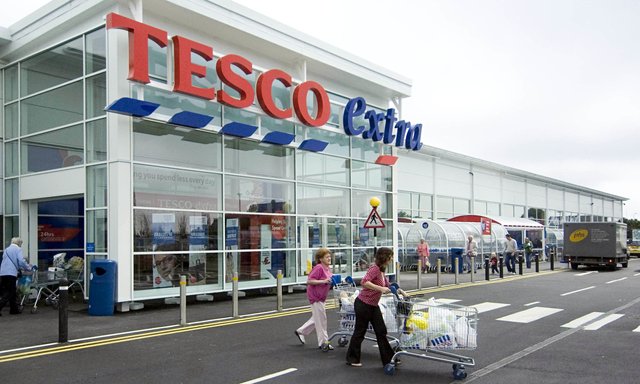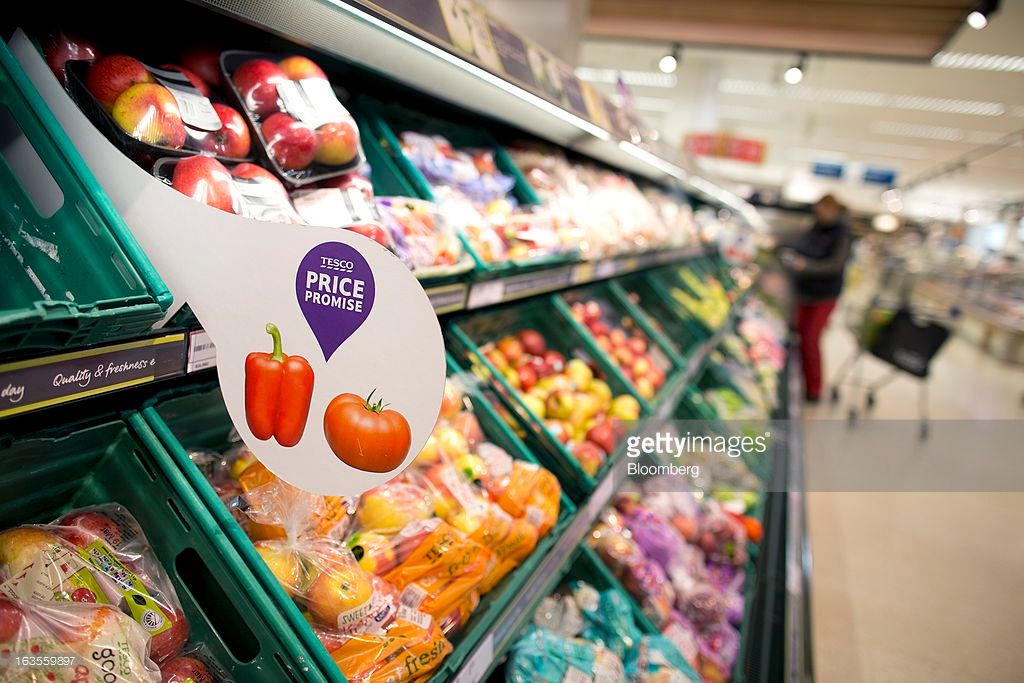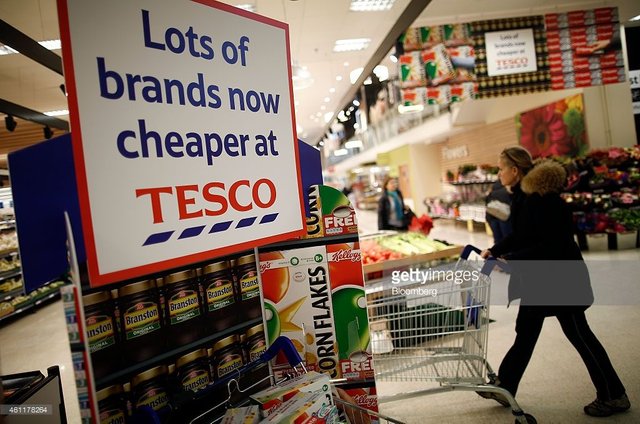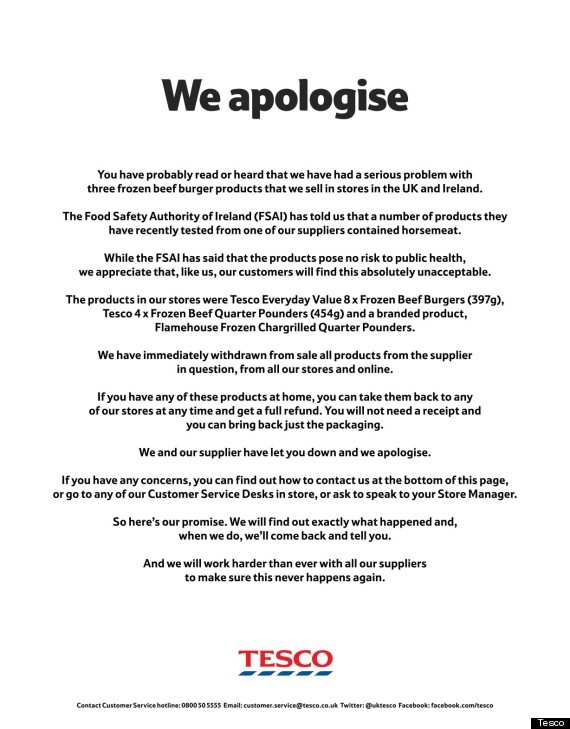TESCO - HORSE MEAT SCANDAL 2013

TESCO - A REVIEW ON TESCO'S 2013 HORSE MEAT SCANDAL AND ITS ORIGINS
The horse meat scandal began in 2013 with the allegations that Tesco among other major brands such as Burger King and Aldi, are selling products that contained horse meat. The burgers sold by Tesco tested positive for horse meat at 29%, which is an extremely high percentage taking in consideration that it is a fraud. The reason for which this is considered a fraud and brought severe sanctions for these retailers, processors and suppliers, is that horse meat was not mentioned on the product’s labels, leading to the deception of the public. The investigation regarding this scandal has unearthed the faking of documents, commissioning of burger official stamps to misclassify carcases and the passing of inferior meat as top cuts of beef. Tesco denies any accusations of being aware of these factors and further suggests that their suppliers had scammed the major retailer. ABP is at the centre of suspicion as all burgers supplied to Tesco, Aldi, Co-op and Burger King were made by ABP. Furthermore the horse meat was traced all the way to East Europe where prosecution is very difficult being outside the British jurisdiction.
Conflicting Interests
Customers demand high quality products, value for money and trust however this scandal proved to breach these basic demands of customers. This is why a large number of Tesco’s customers choose to protest against the actions of Tesco. Although Tesco might not be aware that their products contain horse meat, the retailer is in direct contact with the community which can be potential customers; because of this factor, Tesco is at the heart of public rage and complaints. The community, customers and the media attacked the retailer as it was the one selling the products to customers and therefore the only one to hold the guilt.
Moreover the State demands that businesses comply with laws and regulations however, Tesco horse meat scandal was regarded as a breach of trade regulations – which is selling what is ‘not written on the tin’ – as well as being a breach of public trust. Therefore the sanctions imposed by the state shows that Tesco was wrongdoing and therefore paid the price for it.

Inside a Tesco PLC supermarket, photo credit to Getty Images
Change of Operational Approach, Aims and Corporate Objectives
Tesco PLC cleared their horse meat products off their shelves as their corporate objectives are to offer customers the best value for money as well as maintaining the well-being of the community. The company could not continue to provide value for money and maintain the well-being of the community if they would proceed with the sale of horse meat products, therefore they have changed their approach by introducing more effective checks of the items which they sell in order to avoid further scandals.

Tesco store photo credit to Getty Images
Impact on Other Aspects of Business
Tesco’s sales figures dropped in 2013 in nine of the 11 global markets including the UK due to the horsemeat scandal. This means that customers and the community were not willing to trust Tesco’s meat products and instead purchase other items or even appeal to a substituting supermarket.
Furthermore the image of the business is directly affected by this scandal as it attracted negative attention by the public and by the media. This degrading of company image can prevent shareholders in seeking further involvement with the company, hindering the success of the company.

Tesco apology to the public with regards to the horse-meat scandal